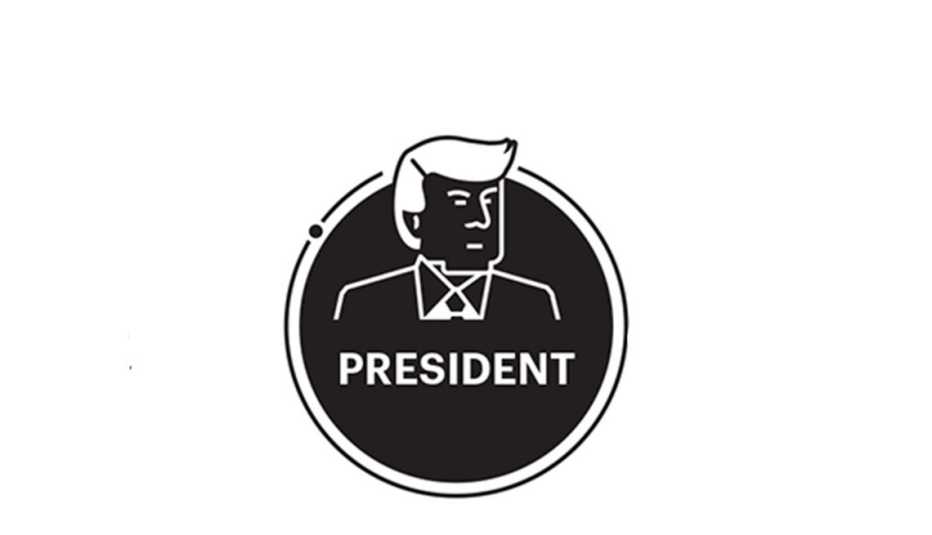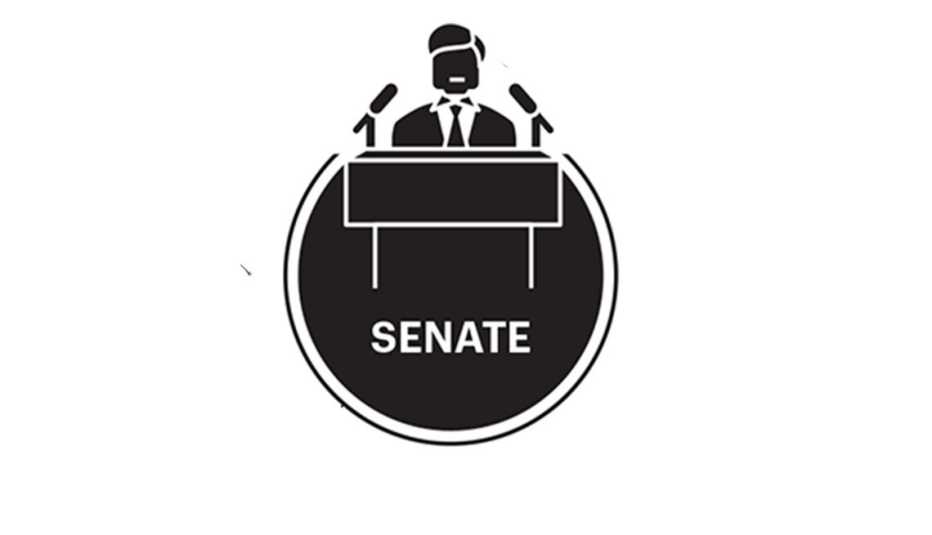AARP Hearing Center
Only Congress can make changes to Medicare — Presidential executive orders do not apply. Here's how it could happen:


1. BECAUSE SPEAKER OF THE HOUSE Paul Ryan has been a vocal proponent of a Medicare overhaul, a bill could start in the House, where Republicans hold the majority. The bill would go through committees and potentially to a full floor vote. If the Senate has a competing Medicare bill, any differences would be addressed in a bi-chamber Conference Committee. If not, then the House bill would go to the Senate for a vote there.
2. THIS IS WHERE THINGS GET really interesting. Republicans hold a majority in the Senate, but not the supermajority (60 members) that is needed to end a filibuster. As the minority party, Democrats can block bills using the filibuster; that’s when a senator takes over the floor debate and prevents a bill from coming up for a vote. One way that Republicans could overcome this tactic, however, is through a process called budget reconciliation, which would allow passage with simple majorities in each chamber. Reconciliation can only be used in certain circumstances, but it is not subject to filibuster.


3. AFTER A BILL IS PASSED, it would go to President Trump for his signature or veto. If Trump were to veto legislation passed by his party, Republicans would not be able to override that veto without some support from Democrats. An override requires a two-thirds majority in each chamber.


4. THOUGH POSSIBLE CHALLENGES to a new Medicare law are nearly impossible to predict, it is unlikely that the courts would be able to block the law on constitutional grounds; health care is not an explicit right granted to American citizens.
Influencers
Throughout the process, various groups will lobby Congress or work to rally support for or against potential Medicare changes. Those include:
- Interest groups that advocate for older Americans, such as AARP.
- Trade organizations that represent private industries, such as pharmaceutical companies.
- Opinion leaders, such as think tanks and media organizations.
- Members of the public, who can stage rallies or write to politicians.





























































More From AARP
Medicare Part B Premium Will Drop in 2023
The annual Part B deductible that beneficiaries must meet is also decreasing next year